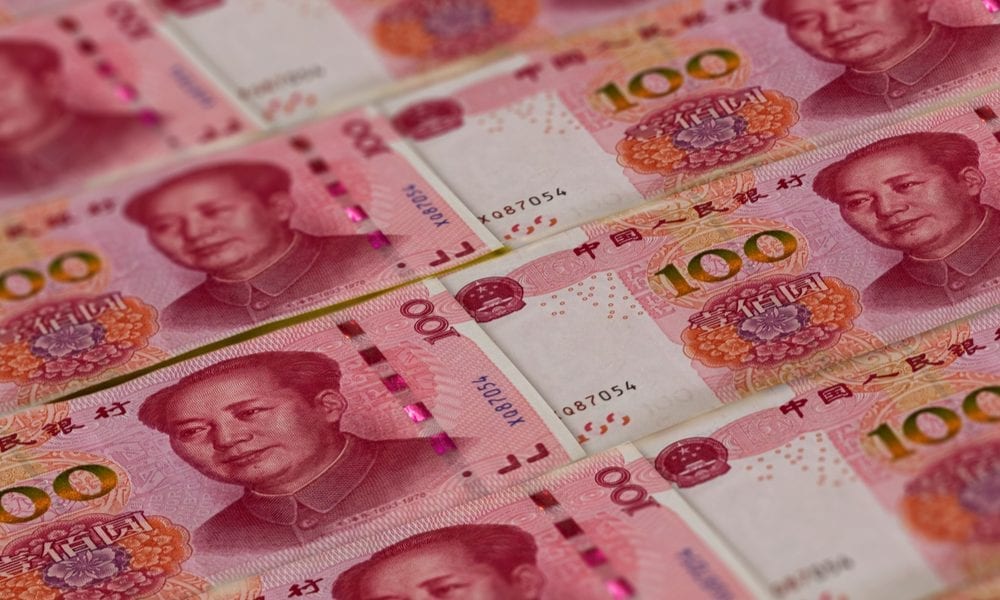
China's peer-to-peer (P2P) lending sector, once 6,000 businesses strong, has been reduced to less than three dozen as the government tightened regulations, leaving billions in loans unpaid.
Now, Guo Shuqing, chairman of the China Banking Regulatory Commission, the country's top banking regulator, said investors have been saddled using more than 800 billion yuan ($115 billion) in debt from the failed platforms, Bloomberg News reported.
Regulators and police force will try their finest to extract the money, he told China Central Television Friday (Aug. 14), per the report.
At one time, the P2P industry issued more than $150 billion of loans from 50 million investors. However the news service reported the sector was plagued by fraud and defaults.
Two from the country's largest P2P finance providers are Lufax (Lujiazui International Financial Asset Exchange Co. Ltd.) and Dianrong, and they have not been spared the crackdown on financial risk by Xi Jinping, the overall secretary of the Chinese Communist Party.
While P2P platforms were touted being an innovative method to match savers with small borrowers, the marketplace has already established troubles globally.
Earlier this year, PYMNTS reported China's P2P lending market was going to more turbulence in 2022 weight loss of their popular platforms face potentially being shut down as the government tightens regulations.
The country's P2P industry, a little part of overall lending, was a credit source for businesses and consumers who couldn't obtain loans through China's traditional banks.
\”The increased regulatory and capital requirements for China's P2P lenders should still put pressure on the sustainability of economic models across the sector in 2022, resulting in further industry contraction,\” said Katie Chen, director for non-bank financial institutions at Fitch Ratings, at that time.
This week, Lufax was the latest company to file for a preliminary public offering (IPO) in the U.S. as Chinese firms rush to visit public before tough new federal disclosure rules get into effect.
The move comes as Treasury Secretary Steven Mnuchin warned that Chinese firms that desire to be for auction on U.S. stock exchanges must conform to U.S. auditing standards by the end of the coming year. That includes opening their audit records to U.S. regulators, a move that would put the firms in conflict with secrecy laws in China.
